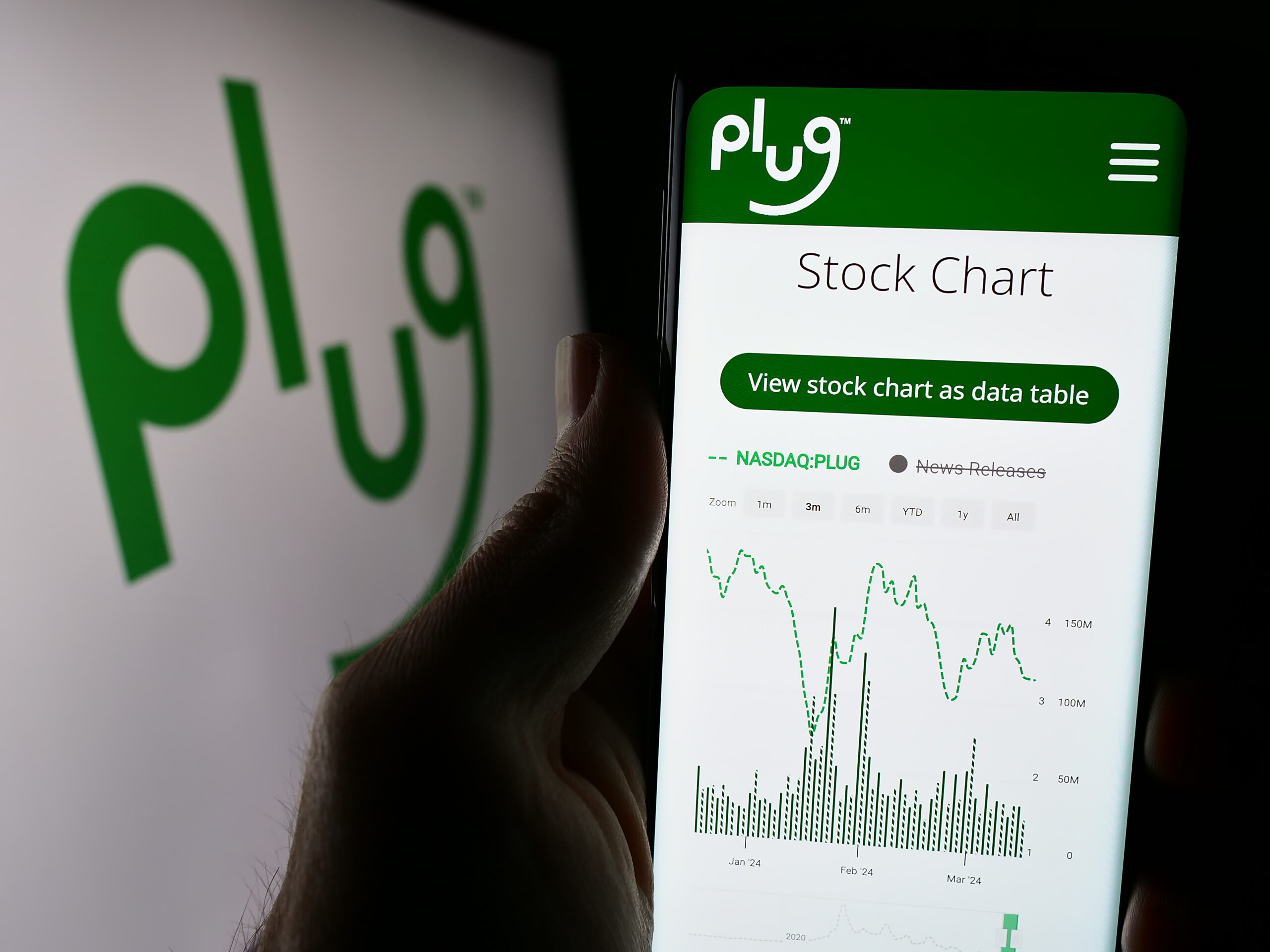Plug Power Seeks Shareholder Approval for Capital Expansion Amid Financial Strains

US green hydrogen technology firm Plug Power is seeking shareholder approval to authorise additional shares and potentially implement a reverse stock split to stabilise its financial position and sustain growth.
The move follows a challenging period in which the company recorded over $970 million in non-cash impairments and introduced cost-cutting measures in response to sluggish market development and mounting financial pressures.
Plug Power Offering Two Proposals
In a June 2 statement, Plug Power warned that without an increase in authorised shares, it could struggle to raise capital, secure partnerships, or pursue critical strategic initiatives.
To address this, the company has introduced two proposals in its preliminary proxy statement filed on May 30:
- Proposal 1 seeks to increase authorised shares, providing financial flexibility to support operations and expansion.
- Proposal 2 outlines a reverse stock split—only enacted if Proposal 2 is rejected—to raise the share price and ensure compliance with Nasdaq listing requirements.
With Plug Power’s stock currently trading below $1, maintaining investor confidence and market stability has become a priority. Additionally, the company has urged shareholders to recall any shares on loan—approximately 40%—to ensure they can vote in the upcoming annual meeting.
Implications for the Hydrogen Economy
Plug Power’s financial restructuring signals broader challenges within the hydrogen sector, as companies navigate economic uncertainty and inconsistent policy support.
The firm’s strategic shift toward European markets and individual US states reflects the growing disparity between hydrogen adoption efforts globally.
If Plug successfully secures funding through expanded shares, it could bolster investment in hydrogen infrastructure and electrolyser technology, accelerating industry adoption.
However, its reliance on shareholder action underscores the volatility of hydrogen financing, highlighting the need for stable incentives and long-term policy frameworks.
With European mandates driving demand for hydrogen technologies, companies like Plug Power are increasingly looking beyond the US for regulatory support.
This shift could shape international competition in hydrogen production and commercialisation, influencing market strategies and innovation trajectories in the coming years

